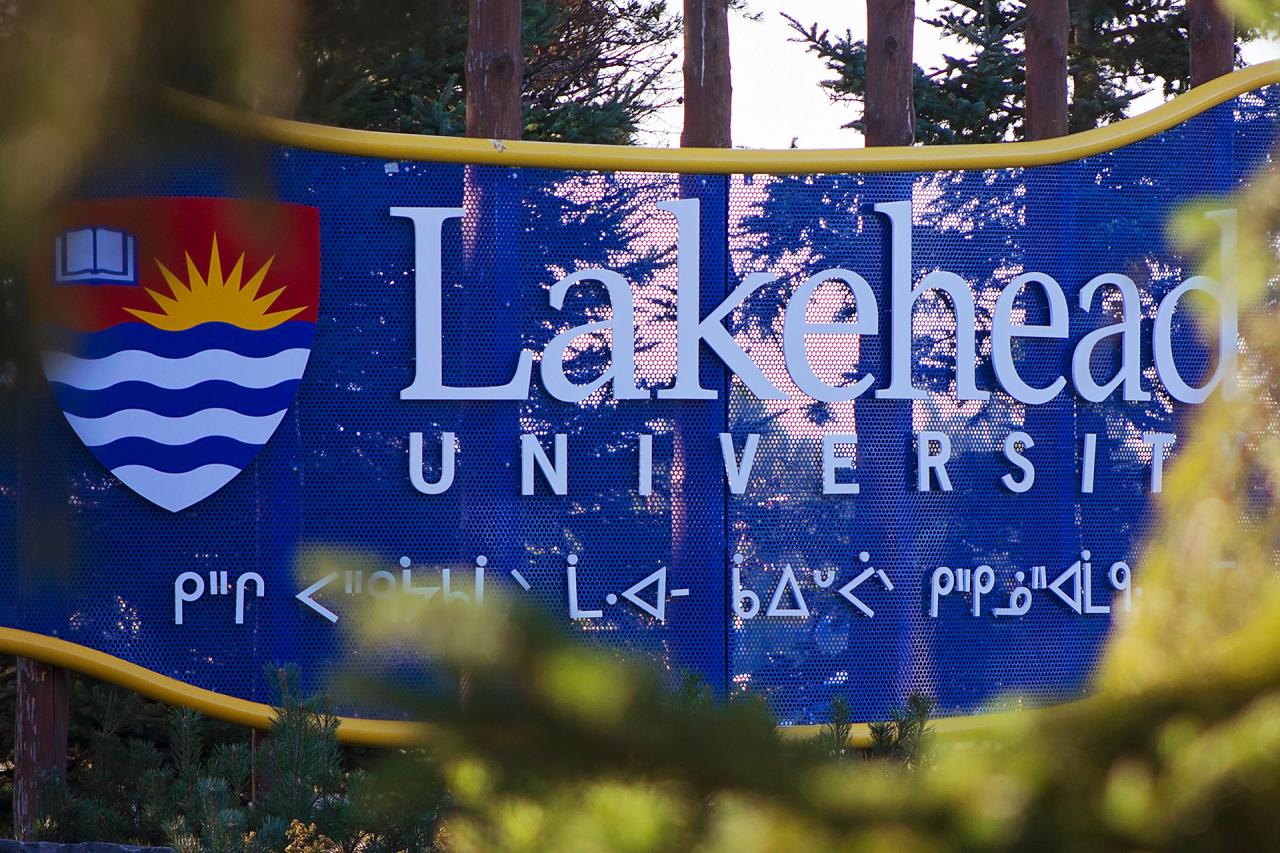New funding will support development of micro-credentials to train students for in-demand jobs
Lakehead University has been awarded $190,580 as part of the Ontario government’s second round of the Ontario Micro-credentials Challenge Fund.
This year, Ontario is providing funding for 88 micro-credential projects as part of its investment of $5 million for eligible postsecondary institutions to work with industry to co-create or expand rapid training programs that respond to Ontario’s evolving labour market.
“The Micro-credentials Challenge Fund brings industry and institutions together to create programs that strengthen Ontario’s workforce and economy,” said Jill Dunlop, Minister of Colleges and Universities in the Ontario Government’s media release. “Micro-credentials reflect current and local labour market needs and immediately prepare students for industry-relevant opportunities in their region.”
The four projects funded at Lakehead include:
- Archaeological Monitoring and Mapping for Indigenous Communities (AMMIC) Program: Led by the Department of Anthropology, this program will address the shortage of archaeological technicians in Northern Ontario while providing a new employment pathway for Indigenous individuals in the cultural resources management (CRM) industry. Partners include a non-profit organization, CRM industry representatives, and Indigenous community representatives.
- Micro-Credential in Health Information Management: Led by Dr. ShiKui Wu and Dr. Michael S. Dohan of the Faculty of Business Administration, this micro-credential in health information management will offer the fundamentals of using technologies and tools to manage health data and information to support healthcare operations and decision-making. Partners include Thunder Bay Regional Health Sciences Centre (TBRHSC) and 807 Management Services.
- Risk Management for Indigenous Land-Based Practitioners Micro-Credential: Led by the School of Outdoor Recreation, Parks and Tourism’s Dr. Leigh Potvin and Dr. Julie Rosenthal, this micro-credential will focus on delivering risk management training for employees delivering and coordinating land-based therapeutic programming in remote outdoor settings. Partners include Nishnawbe Aski Nation, Dilico Anishnabek Family Care, and the Métis Nation of Ontario.
- Specialized Skills for Northern, Rural, and Remote Health - Perinatal Healthcare, Health Leadership, Mental Health and Addictions: This project will lead to the creation of five micro-credentials that address identified gaps in specialized skills in northern, rural, and remote health. Led by the Faculty of Health and Behavioural Sciences, it also involves internal collaboration with the Centre for Health Care Ethics, Centre for Education and Research on Aging and Health (CERAH), and EPID@Work. External Partners include Dr. Gilles Arcand Centre for Health Equity at NOSM University, Northwestern Ontario Health Human Resources Taskforce (NWO HHR), Orillia Soldiers’ Memorial Hospital (OSMH), and Seven Generations Education Institute.
These projects will be supported and offered through Lakehead’s Community Zone, providing accessible paths to community learning, professional development, and training opportunities for communities in Northwestern and Central Ontario.
“Each of the projects funded through Ontario’s Micro-credential Challenge Fund are in response to critical training needs identified by industry partners in the region’s we serve,” said Dr. Michel S. Beaulieu, Associate Vice-Provost (Academic). “This funding will enable Lakehead to fulfill our commitment to develop non-credit programming that meets emerging labour market needs, and achieve the key priorities set out in our strategic and academic plans.”
